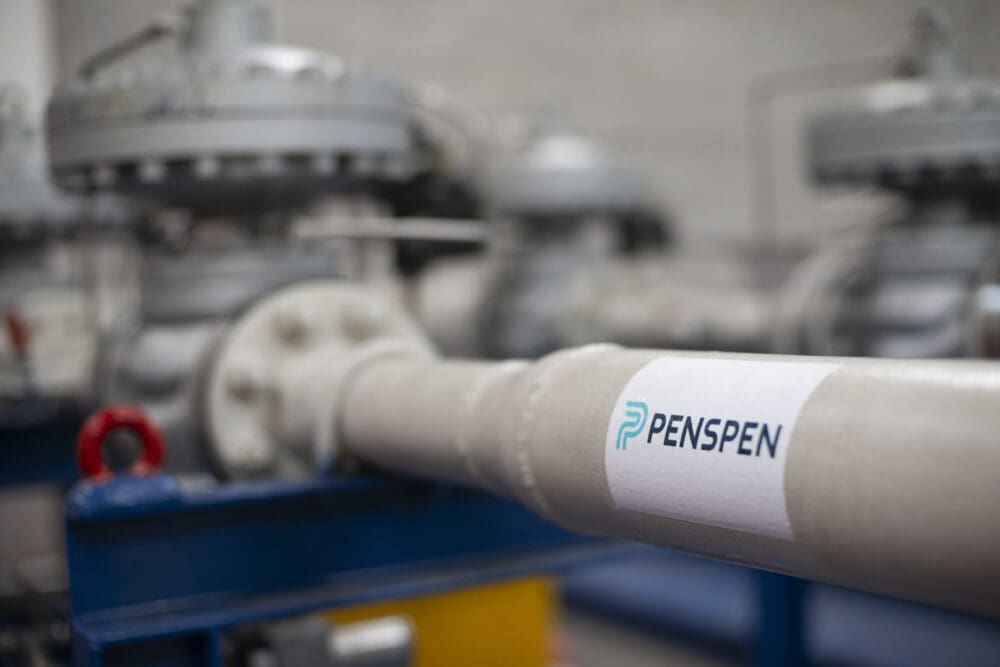Data Bridge Market Research has recently published a Qualitative Research Study report stating that Artificial Intelligence in the aviation market will exhibit a Compound Annual Growth Rate (CAGR) of 46.3% for the forecast period of 2022-2029 and is likely to reach a value of $9,995.84 million by 2029.
The research report deals with an array of important market-related aspects ranging from economic forecasting to market best practices, whilst detailing the causes and results of such growth. Our Penspen experts weighed in on the report’s findings, and what it could potentially mean for the future of AI in Aviation.
Artificial Intelligence in Aviation – A Current Overview
In aviation ground operations, such as air traffic control and real-time support systems, artificial intelligence technology is applied to improve predictive maintenance and air traffic control operations. AI in aviation also comprises the integration of services and systems such as automated baggage check-in, facial recognition, customer service, and aircraft fuel optimization, among others.
Although it can be a complex method to understand and implement into a system, it’s no doubt that the value AI brings to the market is largely due to the automation of tasks and the reduction of manpower needed originally to complete these jobs. The true value lies in its ability to reduce the impact of carbon emissions and fuel transportation & usage.
The Future Possibilities
The growth in AI for aviation can result in several potentially positive outcomes, specifically regarding travel processes:
- Flight Route Optimisation – referring specifically to flight & fuel efficiency, machine learning-enabled systems that can find optimal flight routes, which will allow for a better analysis of fuel transportation and consumption.
- A huge step into Decarbonisation – case studies like Air Alaska, where they managed to save 480,000 gallons of fuel in six months, will become more common and the industry will see a large drop in gallons used for aviation fuel. This will also results in a large decrease in carbon emissions, which will surely help push the journey towards net zero.
- Aviation Fuel Network Optimisation – With a decrease in fuel consumption and transportation comes to a longer operational life for the networks that transport these fuels. Jet fuel is contaminated with microorganisms that can cause corrosion in fuel tanks and pipelines, so an optimisation in fuel usage would naturally result in the optimisation of these networks that store and transport these fuels as well
Final Thoughts
There is a lot of room for Artificial Intelligence to positively impact the aviation industry. Aviation plays a huge part in the path to decarbonisation, and the optimisation AI offers has a knock-on effect down to the integrity management of the systems that uphold the aviation market, such as fuel transportation networks.
Applying AI to aviation is indeed a complex process that can take time and mine, but with an increase in market value, there will be more room for optimisation in systems that’ll allow for a reduction of costs and manpower down the line – a considerable benefit when we look at the future of managing our assets.
Related Insights

International Women in Engineering Day: Meet April, Najma and Nora
In this second edition, meet April, As-Build Coordinator & Lead CAD Associate at C&I Engineering, a company acquired by Penspen in 2024; Najma, Senior Finance Officer based in Abu Dhabi; and Nora,...

International Women in Engineering Day: Meet Shobhina, Maria and Rachael
The energy industry is changing rapidly, and meeting the challenges posed by this transition requires a diversity of talent and perspectives – something that we’re committed to addressing in a...

Carbon Capture, Utilisation and Storage – What are the Real Challenges & Costs?
As the global push for net zero intensifies, Carbon Capture, Utilisation, and Storage (CCUS) is emerging as a critical technology to decarbonise energy supplies and industrial processes. With the...

Challenges and Considerations for Hydrogen Integration in Natural Gas Pipeline Networks: A Comparative Screening Methodology
The global transition to hydrogen is accelerating, and repurposing existing natural gas pipelines is a critical step towards a low-carbon future. However, ensuring the feasibility, safety, and...




